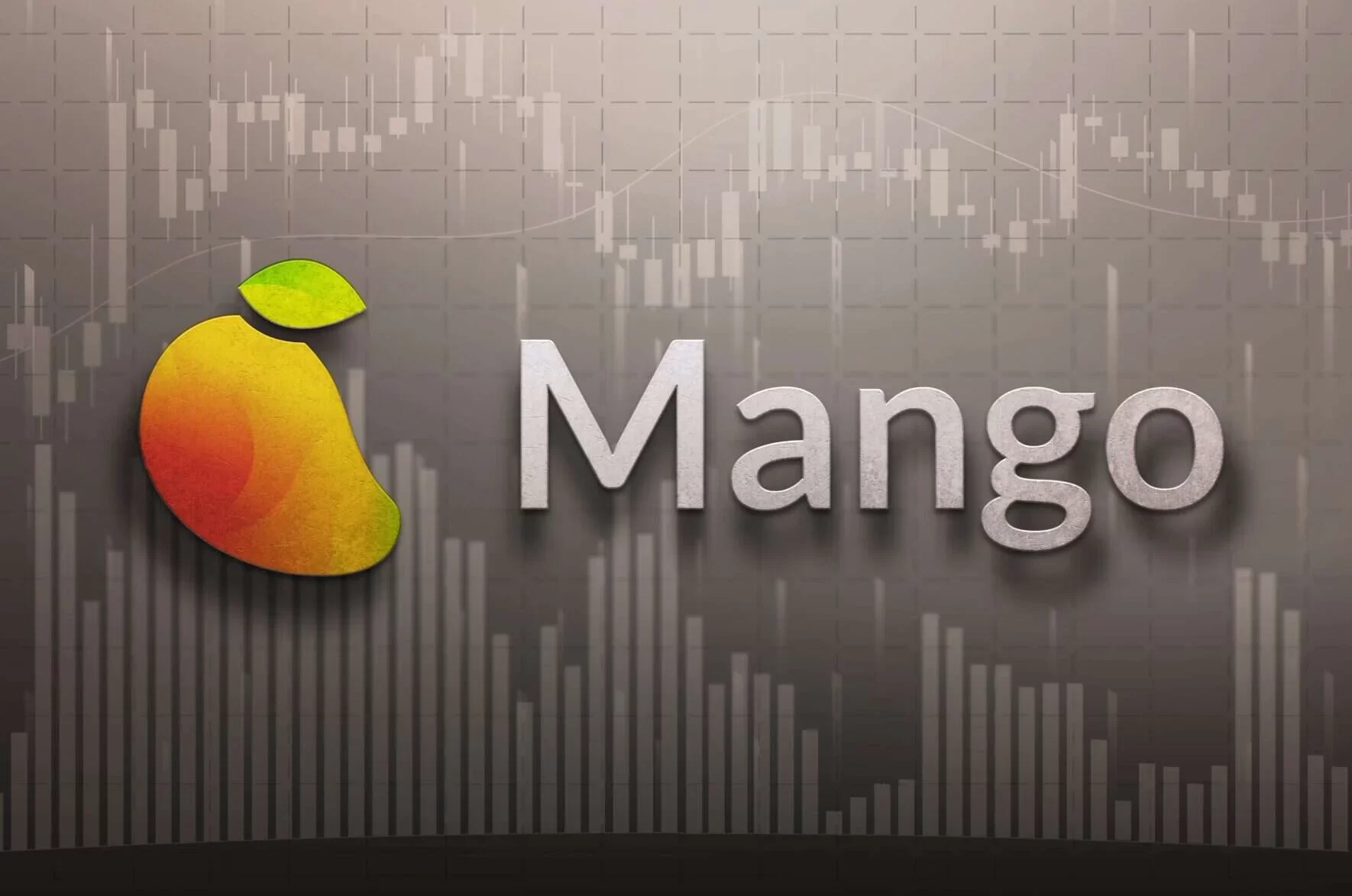In a pivotal case that has gripped the cryptocurrency world, Avi Eisenberg, a 28-year-old crypto trader, is now awaiting a verdict from a New York jury. The trial, centered around his October 2022 trades on Mango Markets which resulted in a $110 million gain, has sparked debates over the legality of his actions. Eisenberg faces up to 20 years in prison if convicted on all charges, including commodities fraud, commodities manipulation, and wire fraud.
The Arguments: Defense vs. Prosecution
Defense Strategy: Eisenberg’s defense argued that his trading actions were within the legal boundaries set by Mango Markets at the time, highlighting the platform’s lack of clear Terms of Use. His lead attorney, Brian Klein, emphasized that the trades were part of a “successful and legal trading strategy” that exploited no explicit prohibitions within the platform’s framework. The defense pointed to the platform’s checkbox disclaimer that users trade “at their own risk” as evidence that Eisenberg was operating as any other trader would under the circumstances.
Prosecution’s Case: Conversely, the prosecution painted a starkly different picture, describing Eisenberg’s trades as manipulative and deceitful, involving self-trading to inflate prices artificially before making massive withdrawals using the platform’s borrow functions. Notably, prosecutors underscored Eisenberg’s past behavior and online searches as indicative of his awareness of the illicit nature of his actions. Furthermore, they highlighted his initial flight plans and searches about extradition and surveillance as signs of a guilty conscience.
Key Moments and Legal Nuances
The trial saw its share of dramatic moments, from the detailed expert testimony about the technical workings of Mango Markets to the emotional appeals regarding the impact of Eisenberg’s actions on the broader cryptocurrency market. Notably, the defense’s expert witness faced challenges when much of his testimony was dismissed due to insufficient knowledge about the platform’s specific codebase.
The jury also heard about Eisenberg’s immediate actions post-exploit, including his anonymous proposal to the Mango Markets decentralized autonomous organization (DAO) to return $67 million in exchange for a waiver from criminal charges and actions to freeze the remaining funds—a move prosecutors labeled as extortionate.
Closing Arguments and Implications for Crypto Regulations
As closing arguments wrapped up, the implications of Eisenberg’s trial extend beyond his personal fate, touching on broader themes of market regulation, the ethical use of decentralized platforms, and the legal responsibilities of digital asset traders. Prosecutors argued that manipulating markets, whether digital or traditional, constitutes criminal behavior. In contrast, the defense’s narrative focused on the evolving nature of digital finance and the perceived ambiguities in crypto trading regulations.
Eisenberg’s trial highlights the ongoing challenges and debates within the cryptocurrency industry, particularly regarding the enforcement of existing laws and the need for clearer regulations to guide trading behaviors on decentralized platforms.
